Locked out of your home or car? A quick Google search for a nearby locksmith might seem like the fastest solution. But what many people don’t realise—until it’s too late—is that the top results can be part of a fake locksmith scam. These shady operations dominate local listings, charge outrageous prices, and often leave you with damaged locks or worse.
Knowing how to identify fake locksmith listings can save you from being overcharged, manipulated, or left stranded. Let’s break down how these scams work—and how to avoid falling for one.
How Fake Locksmith Scams Operate
These scams start with a flood of fake listings on Google Maps, online directories, and ad platforms. The company name might sound local and trustworthy—like “Downtown Locksmith” or “24/7 Neighborhood Locks”—but in reality, there’s no local shop and no licensed technician.
Here’s how the scam typically unfolds:
- You search online and call a locksmith number that seems nearby.
- The “dispatcher” answers vaguely, often avoiding direct answers about pricing or location.
- A technician arrives in an unmarked car, not a professional vehicle.
- They quote a much higher price than what was mentioned on the phone—often hundreds more.
- In many cases, they drill your lock unnecessarily, forcing you to pay for a complete replacement.
These operations count on your desperation in a lockout situation to push you into agreeing to inflated costs.
Red Flags to Watch For
Fake locksmith scams often follow similar patterns. Here are warning signs that should make you pause before hiring:
1. No Physical Address or Multiple Listings in One Area
If you search the company’s name and it has dozens of listings with different numbers and addresses, it’s likely fake. Most legitimate locksmiths operate out of a single location or service area.
2. Vague or Suspicious Phone Interactions
Scammers often answer with generic phrases like “Locksmith Services” rather than a specific business name. They may avoid giving a clear estimate and instead say things like “$19 and up,” only to charge $300+ on-site.
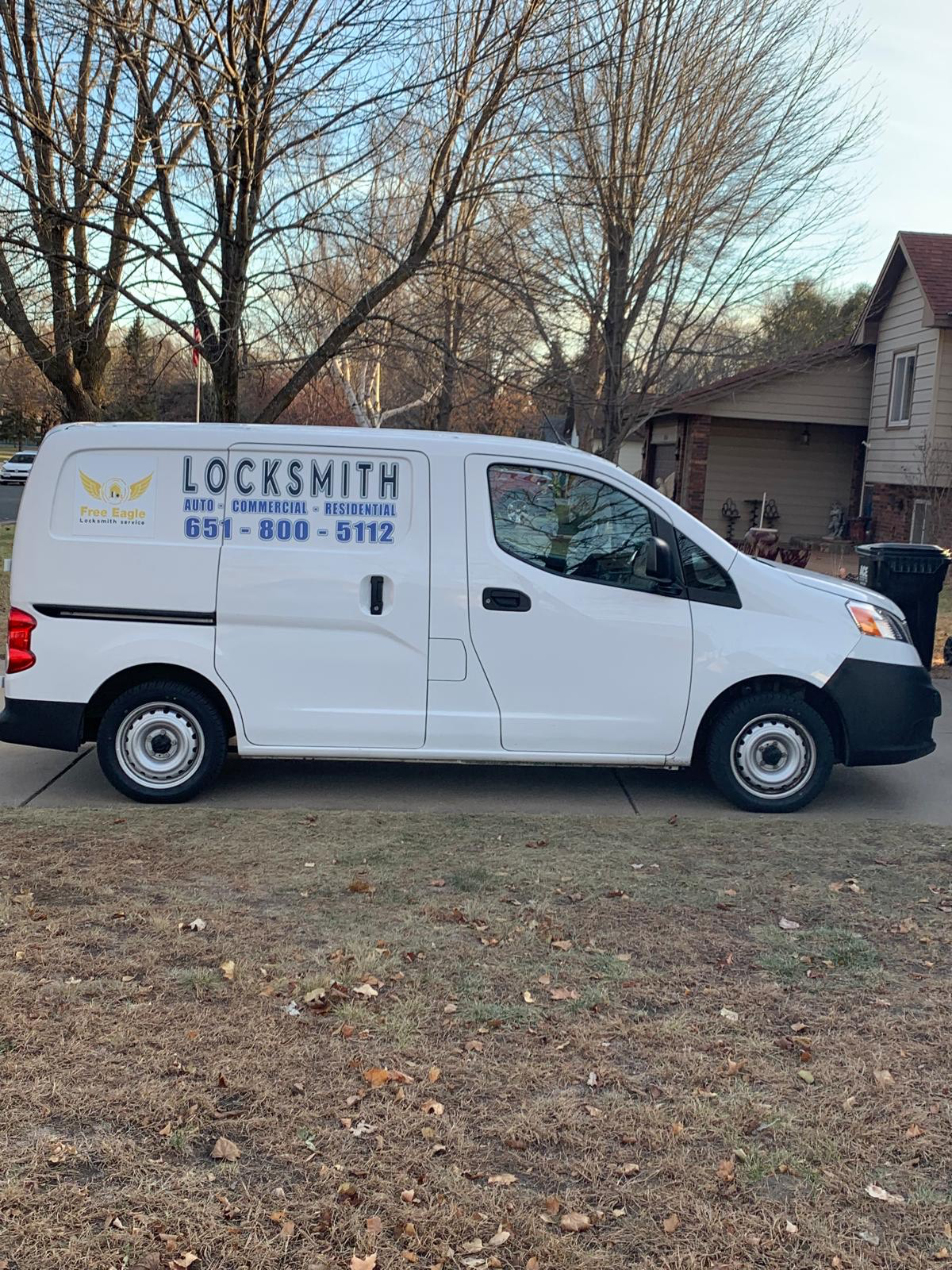
3. No License or Identification Upon Arrival
Reputable locksmiths carry ID, wear branded clothing, and drive marked service vehicles. If someone shows up in street clothes without credentials, that’s a red flag.
4. Pressure Tactics or Demanding Cash
Scammers may pressure you into accepting service quickly or demand payment in cash only. Legitimate locksmiths will always provide an invoice or receipt and accept multiple payment methods.
How to Protect Yourself from Fake Locksmith Scams
- Research before you need a locksmith.Save the contact information of a trusted, verified local locksmith in your phone now—before you’re in an emergency.
- Check for licensing and reviews.Look up the business on Better Business Bureau, Yelp, or Google Reviews. Be wary of overly generic 5-star reviews.
- Verify the company name and address.Confirm that the locksmith operates from a real local address, and not just a PO Box or virtual office.
- Ask for an estimate in writing before service begins.A legitimate locksmith will explain charges upfront and won’t hesitate to confirm pricing.
Trust Free Eagle Locksmith for Honest, Local Service
Don’t gamble on your safety when you’re locked out or need urgent help. Free Eagle Locksmith is a licensed, local, and fully transparent provider offering fair pricing, professional technicians, and fast response times.
Save our contact today—because in an emergency, you deserve help you can trust.
Avoid the scam. Choose Free Eagle Locksmith for real peace of mind.


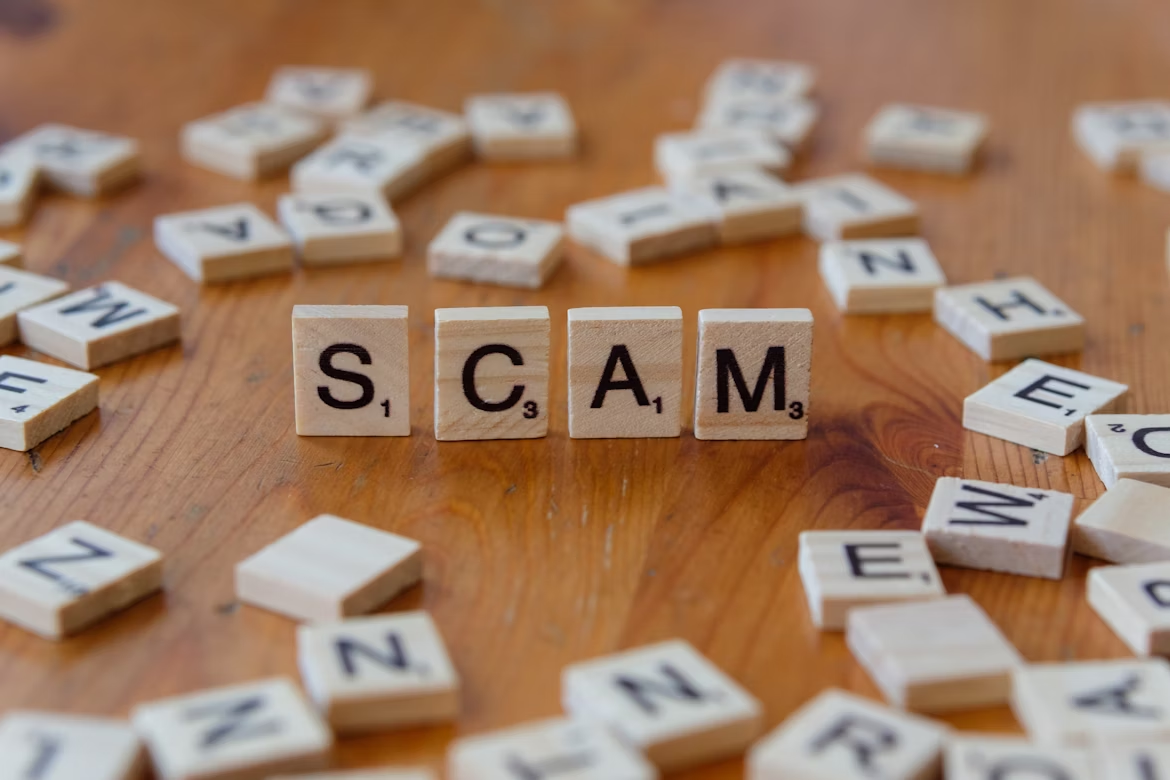
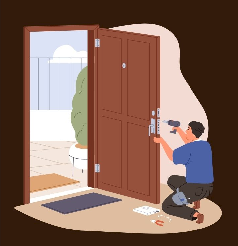
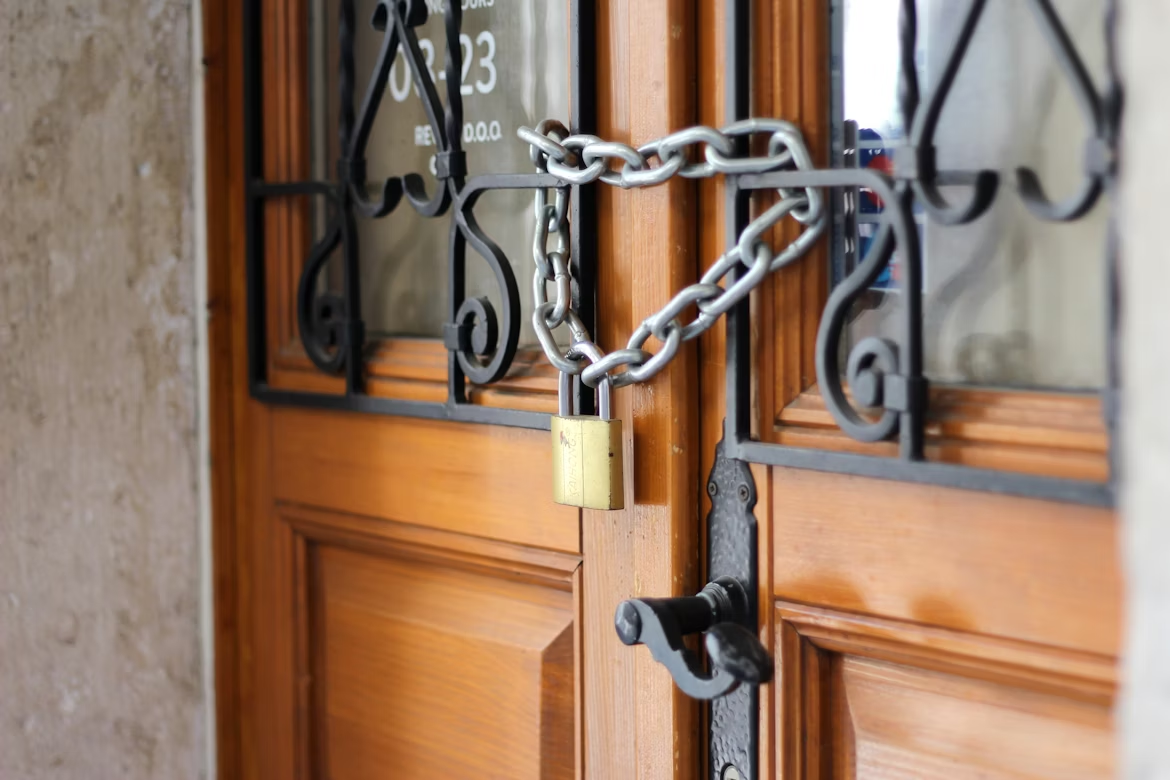

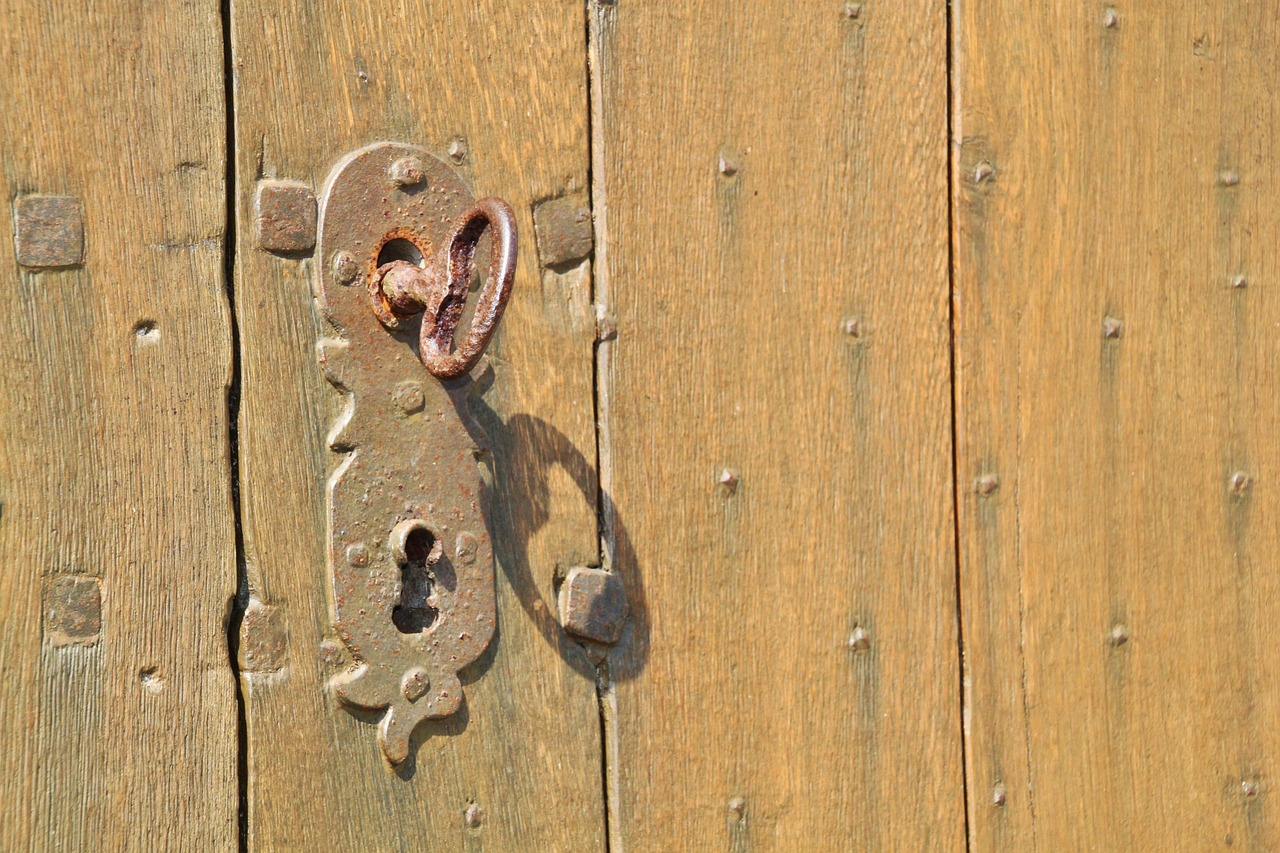
Leave A Comment